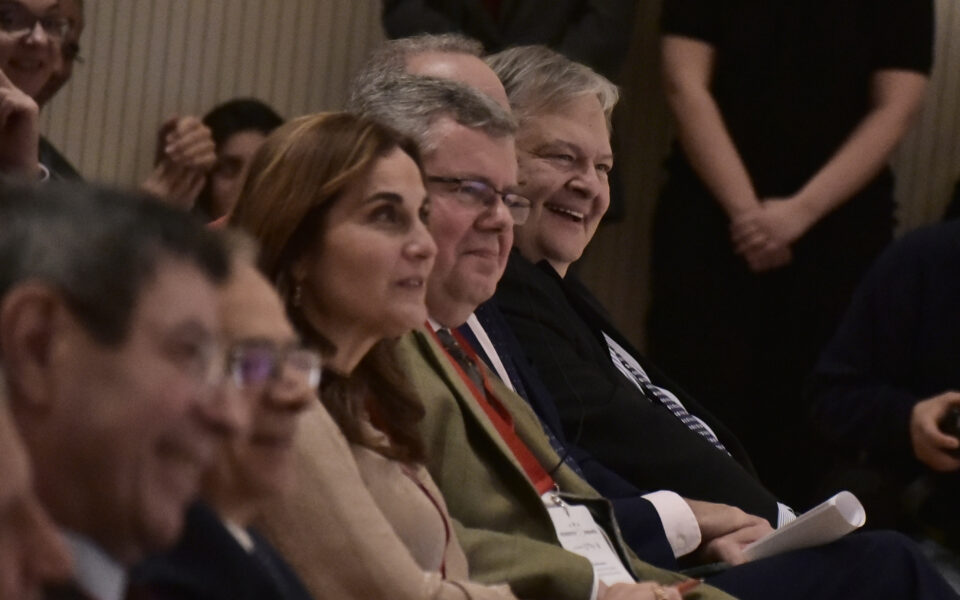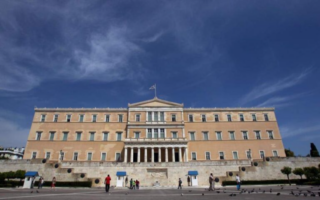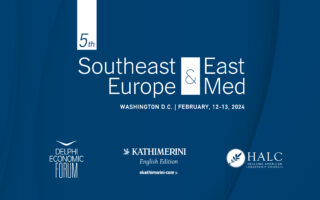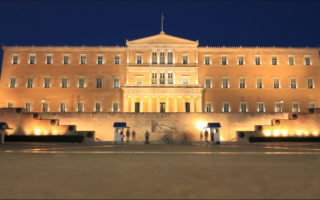History through stories

How many times was the word “wrong” heard as an admission or an apportioning of blame at Kathimerini’s conference on the 50th anniversary since the restoration of Greek democracy? If we were to circle the most characteristic words, as Kevin Featherstone, professorial research fellow and director of the Hellenic Observatory at the European Institute of the LSE, did for the period of the Greek debt crisis (especially during 2015) regarding the attitude of the parliaments of the UK, Germany and the Netherlands, the surprise might be the repetition.
Each country, depending on its relationship and involvement with Greece, had created a fixed vocabulary that related to us: lies, corruption, accountability, guarantees, promises, and so on. The British professor (with honorary Greek citizenship) who participated in the conference, helped us see the image of our country abroad. But what are the words that evaluate our path, half a century now, since the restoration of democracy?
Many politicians, some key ones, participated in the panels of the conference. Former prime ministers, former and current ministers, some already middle-aged in 1974, others very young – such as Prime Minister Kyriakos Mitsotakis, who was 6 years old at the time. This meeting of different ages and conversations, in the compacted time of the conference, had an unexpected historical dimension: the experiential narratives through incidents and persons who determined developments in the background and presented different views and readings. It was an enrichment of history with different stories. Most of the stories were conveyed by people who played an active political role in the narrated events.
The words that sum up, in part, the Greek political system in the last 50 years, as we have recorded them, are: populism (sometimes very toxic), we learned our lesson (with a question mark), political/electoral cost (a major inhibitor of any meaningful reform), consensus (particularly its deafening absence). How has the quality of our democracy evolved? Is it good, robust or weakly shielded institutionally?
Timeless, unsolved problems, journalistic questions left unanswered and others answered by avoidance. Arguments, counterarguments, synthesis of views, a scale model of the Parliament with a few confrontations but more relaxed, because there was nothing at stake.
Have we become wiser? Maybe a little more lenient. Politics, after all, involves human nature. Let’s not look for superheroes. Will we find ourselves again with our backs against the wall?



